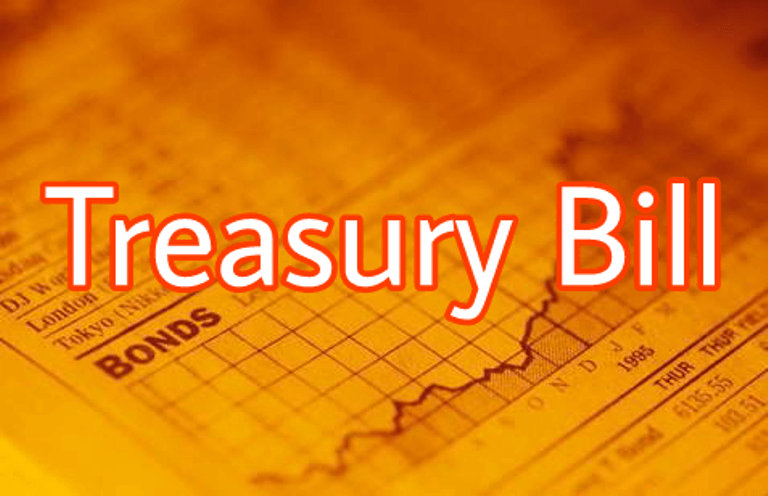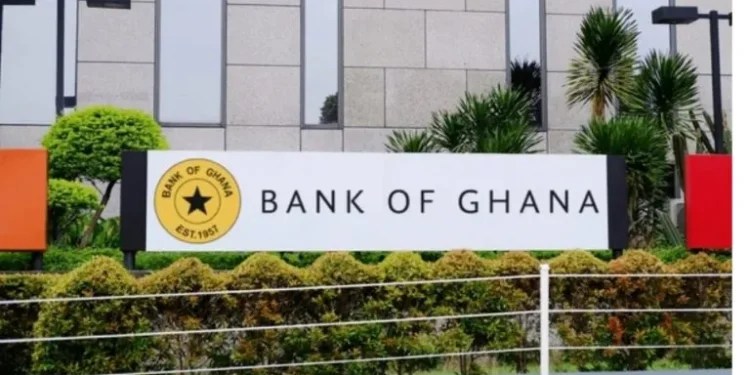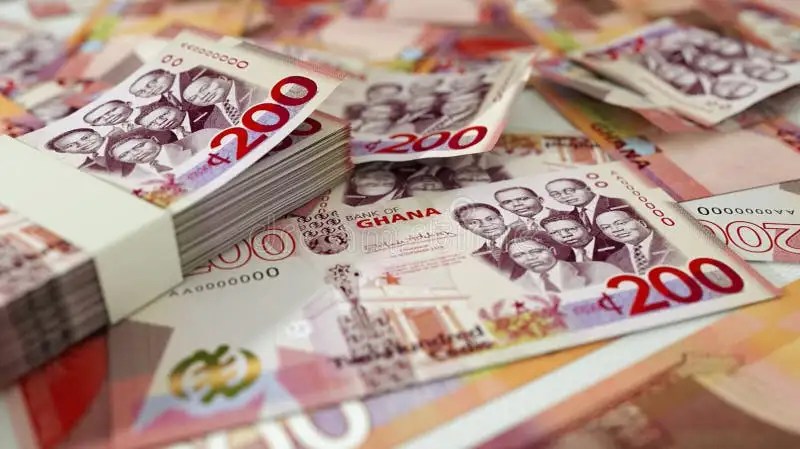In what appears to be a growing shift in investor behaviour, market watchers are revealing investors are increasingly snubbing the Government of Ghana treasury bills (T-Bills) in favour of the Bank of Ghana (BoG).
For six consecutive weeks, the government has been missing its treasury bill target, putting the financing of recurrent expenditure at risk. For weeks, despite the low target of the government, it continues to miss the target.
Fixed Income and Currency Trader, Kodzo Letsa, says a market analysis is revealing that investors are taking a flight from government bills and are rather embracing Bank of Ghana bills.
He tells The High Street Journal that the reason for the investors abandoning the GoG bills is that the Bank of Ghana is offering a very high interest rate.

Meanwhile, the interest rate on T-Bills has been falling consistently, making it unattractive to investors. From an average of 30% interest rate on all GoG bills from the beginning of the year, the yield has consistently dropped to an average of 15%.
Investors, being rational actors, are now choosing to invest in the BoG bills against the GoG bills since they offer good returns.
“Market analysis currently suggests a notable investor inclination towards Bank of Ghana bills, which are favored over Government of Ghana treasury bills due to their more competitive yields,” noted Kodzo Letsa, a Fixed Income and Currency Trader to The High Street Journal.
BoG bills are short-term debt securities issued by the Bank of Ghana, typically used as a monetary policy tool to control inflation and manage liquidity in the banking system. While they are not intended to finance government spending (unlike treasury bills), they are increasingly attracting investor interest because they offer better interest rates compared to government-issued T-bills.

Experts say in a market where investors are constantly comparing risks and returns, even small differences in yields can drive major shifts in behavior.
With inflation gradually declining and the cedi showing signs of stability, investors now feel they can afford to be more selective. The Bank of Ghana, aiming to mop up excess liquidity and keep inflation on a downward path, has raised rates on its own bills, making them more appealing to risk-conscious investors.
This development means that if investors can earn more from another safer BoG instrument, why go for a government bill that pays less?

The consistent undersubscription of treasury bills poses a real challenge. The government relies heavily on T-bills to meet short-term financing needs, including paying salaries, servicing domestic debt, and keeping basic services running. For ordinary Ghanaians, this could translate into delayed payments, reduced public spending, or the introduction of new taxes to close funding gaps.
The fear is that if this trend persists, it could lead to higher borrowing costs for the government or force it to re-strategise its debt issuance altogether.
-thehighstreetjournal


